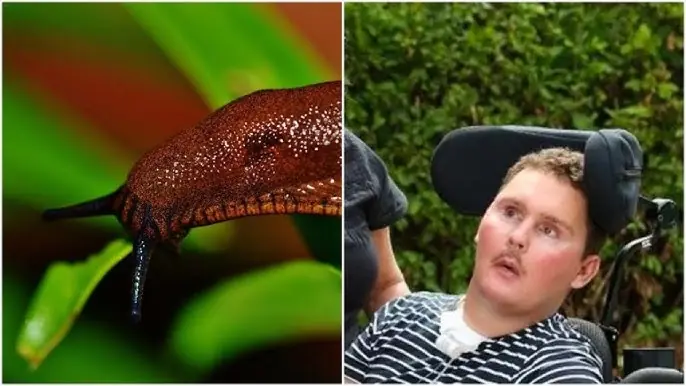
The Science Behind Why Your Body Jerks As You Fall Asleep
The Science Behind Why Your Body Jerks As You Fall Asleep
Have you ever been on the edge of sleep and suddenly felt like you were falling—only to be jolted awake by a sudden twitch? This strange and sometimes unsettling sensation is known as a hypnic jerk. You’re far from alone: a 2016 study found that 60–70% of people experience these involuntary movements.
Understanding the Stages of Sleep
Before diving into the cause of hypnic jerks, it’s helpful to review the stages of sleep:
Stage 1:
This is the lightest stage of sleep—the transition from wakefulness. It lasts just a few minutes. During this time, your heartbeat and breathing slow, muscles begin to relax (often with small twitches), and brainwaves start to shift from their active patterns.
Stage 2:
This is a deeper stage of light sleep. Heart rate and breathing slow further, body temperature drops, and eye movement stops. Brain activity slows, but occasional bursts of activity (known as sleep spindles) still occur.
Stage 3:
This is deep, restorative sleep. It’s the stage that leaves you feeling refreshed in the morning. During this phase, it’s harder to wake up as your heartbeat, breathing, and brain activity reach their lowest levels.
REM Sleep:
Rapid Eye Movement (REM) sleep begins around 90 minutes after falling asleep. Your eyes move rapidly beneath your eyelids, brain activity increases to levels similar to being awake, and breathing and heart rate become irregular. Most dreaming occurs during REM sleep. You cycle through all these stages about four to five times each night.
What Are Hypnic Jerks?
Hypnic jerks—also called hypnagogic jerks or sleep starts—are involuntary muscle contractions that occur as you begin to fall asleep. Though their exact cause isn’t fully understood, they tend to happen more frequently when you’re sleep-deprived or trying to stay mentally active while your body wants to rest.
According to Dr. Rafael Pelayo from the Stanford Sleep Medicine Center, hypnic jerks occur because different parts of your nervous system are transitioning at different rates—some parts may already be asleep while others are still active. Essentially, your brain sends mixed signals, causing your body to “misfire” with a sudden twitch.
These jerks usually happen during the shift from wakefulness to Stage 1 sleep. If you're extremely sleep-deprived, you may skip straight to REM sleep, bypassing Stages 2 and 3. Dr. Pelayo suggests that a hypnic jerk is your body’s way of signaling that it's time to sleep—“Nothing else will satisfy that urge,” he says.
Are Hypnic Jerks Harmful?
The good news is no—they’re completely harmless. While they may startle you or make it harder to fall back asleep, they don’t indicate any underlying health problem. If it happens, try not to worry. Simply reminding yourself that it’s normal can help you relax and drift off again.
Hypnic Jerks and Sleep Deprivation
These twitches can also happen when you’re exhausted but unable to sleep—like during a boring lecture or a long meeting. In these situations, Dr. Pelayo offers a few practical tips:
-
Shift your focus to something engaging in the moment.
-
Make eye contact with the speaker to stay alert.
-
Drink coffee ahead of time if you know you’ll struggle to stay awake.
-
Most importantly, aim for 7–9 hours of sleep each night to avoid overtiredness.
While hypnic jerks aren’t dangerous, they’re often a sign that your body isn’t getting enough rest. If you notice them frequently, consider what might be disrupting your sleep and take steps to prioritize rest.
News in the same category


Doctor Explains Why You Might Need to Poop Right After Eating — And It’s Not Just IBS

Don’t overlook these small red spots on your arm – They could be important warning signs
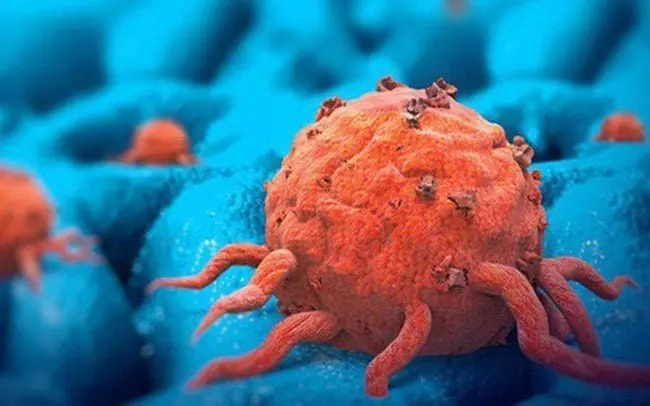
If You Don’t Get These 5 Health Screenings, You Might Not Know You Have Cancer! It's Best to Check These Areas Regularly

Warning: Strange Nail Shapes Could Be a Sign of Dangerous Cancer
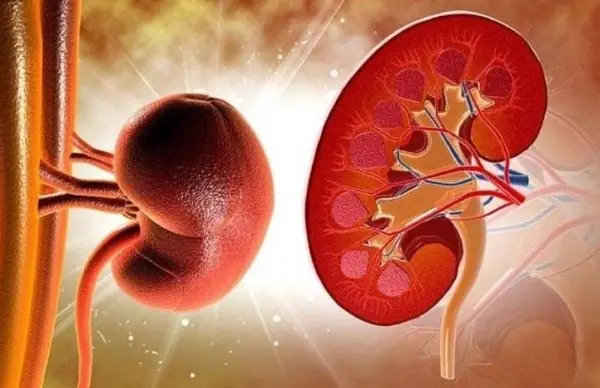
5 Early Signs of Kidney Failure You Need to Know: #3 Is Common But Often Ignored

Think Before You Sip: The Hidden Link Between Sugary Drinks and Oral Cancer

Pineapple-Infused Water, Anyone? Discover the Benefits, Tips, and Refreshing Recipes

How Much Water You Actually Need to Drink Each Day – And Why It Matters

5 Fruits Listed in the ‘Black Book’ That May Promote Cancer Cell Growth: Avoid Them No Matter How Cheap They Are

25-year-old woman explains condition that makes her ‘look like an 8-year-old’
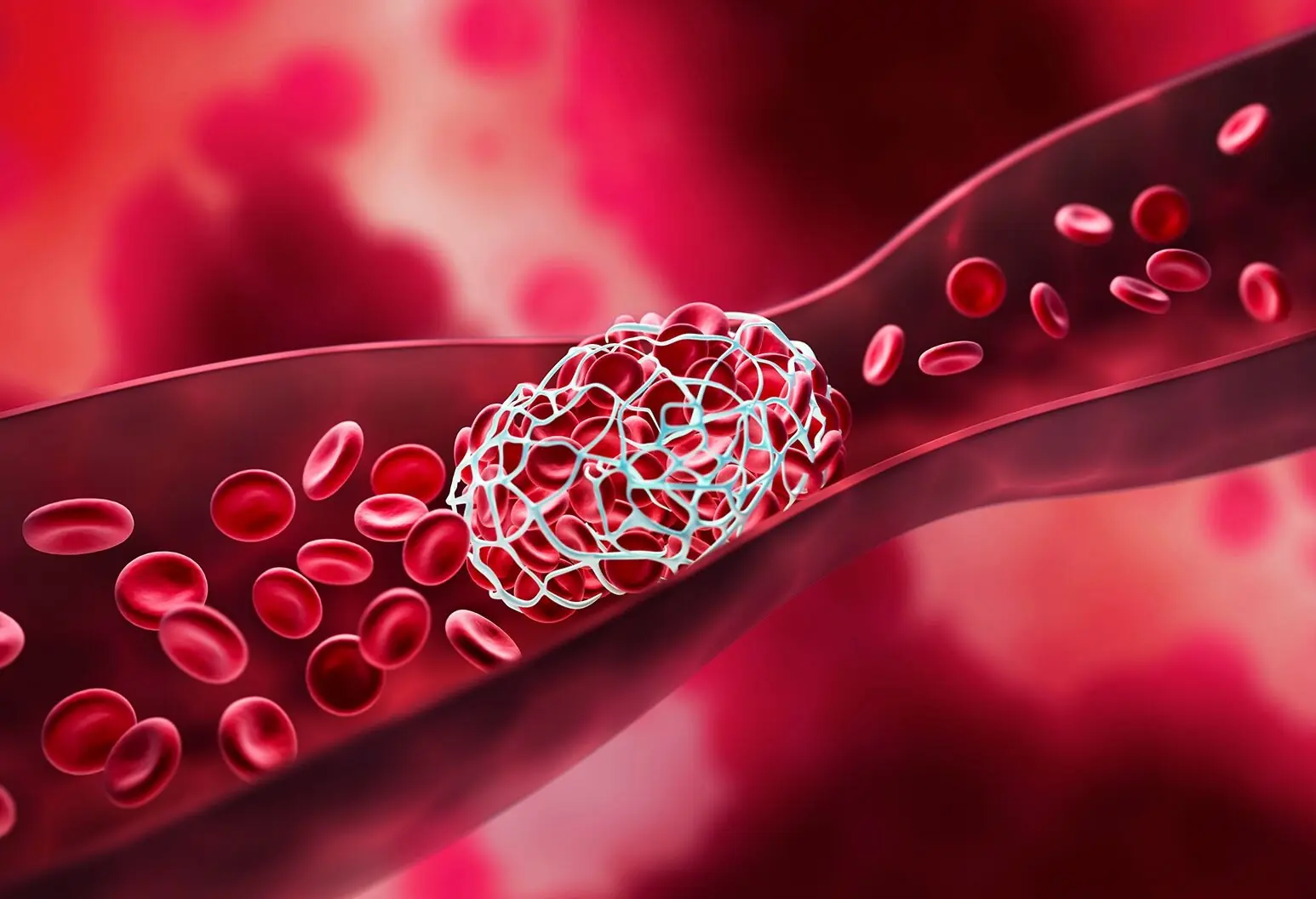
When There's a Blood Clot in the Body, It May Send You 4 Warning Signals You Shouldn't Ignore
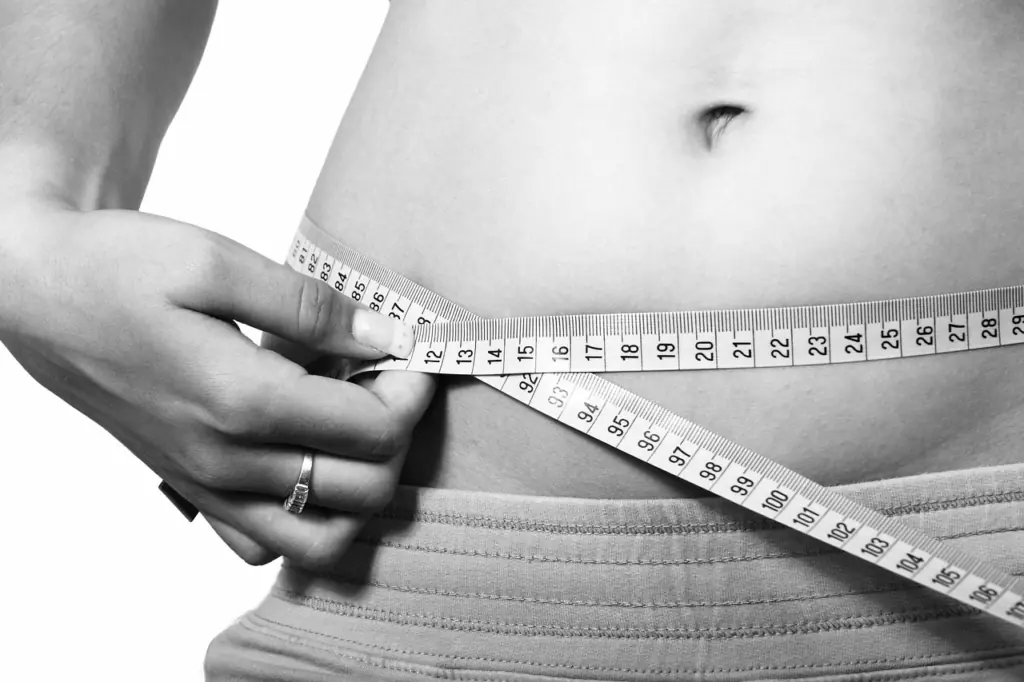
Inside The 36-hour Fast: How Your Body Transforms Hour By Hour In Viral New Simulation

Eating Too Fast? Here’s Why Slowing Down Can Improve Digestion and Reduce Bloating

Why Letting a Baby “Cry It Out” May Be Harmful: What Science Says
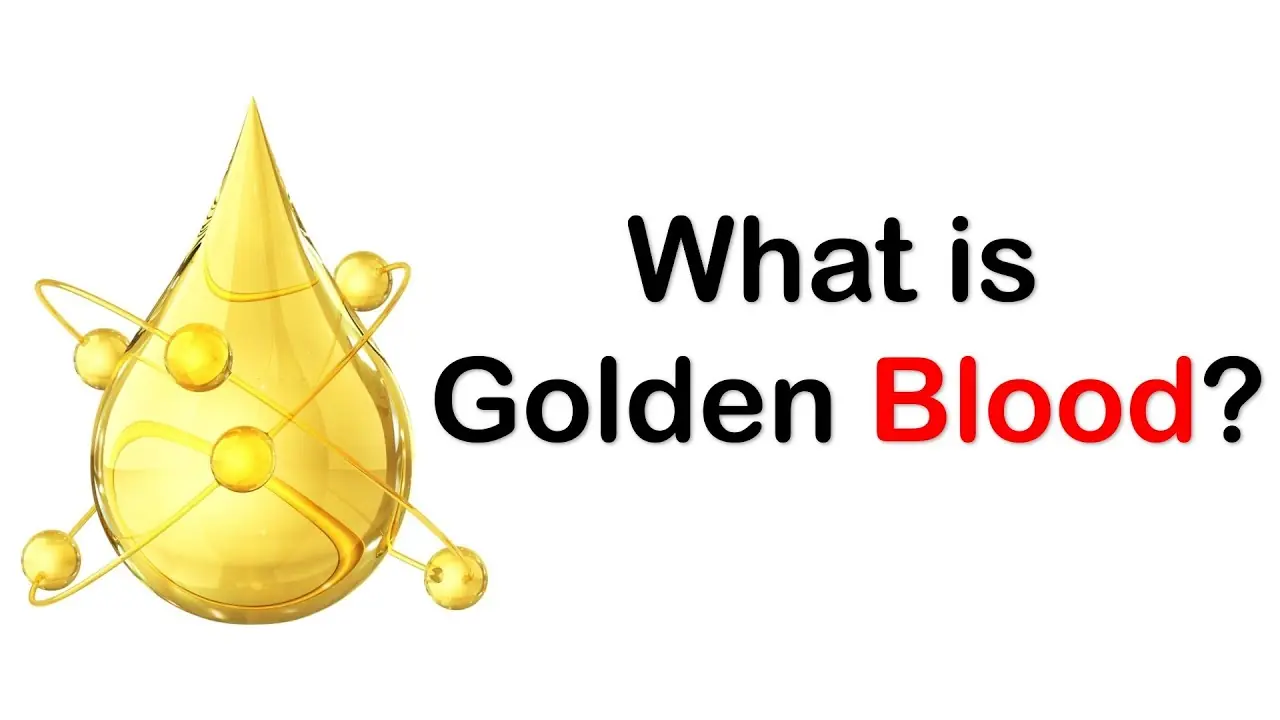
Rh-Null Blood: The World’s Rarest Blood Type, Also Known as "Golden Blood"

Recognizing Mini-Stroke Symptoms: A Crucial Step in Stroke Prevention
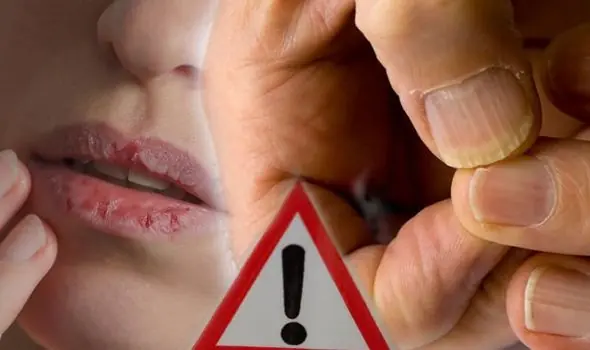
Experts Reveal 3 Warning Signs of Lip and Nail Cancer You Shouldn’t Ignore

Doctor Warns About the Risks of Not Washing Your Hair Regularly
News Post
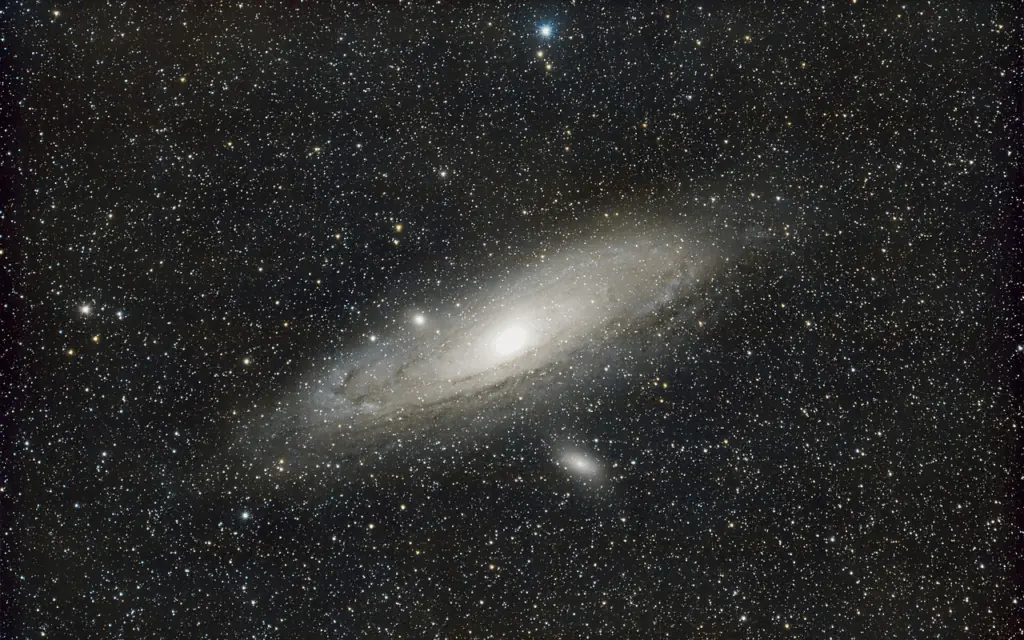
Scientists Stunned By Space Station Bacteria That’s Never Been Seen On Earth

The “Small Round Hole” On The Nail Clipper Has Special And Powerful Uses, And I Had No Idea

Papaya Flowers Soaked in Honey: A Potent Natural Remedy
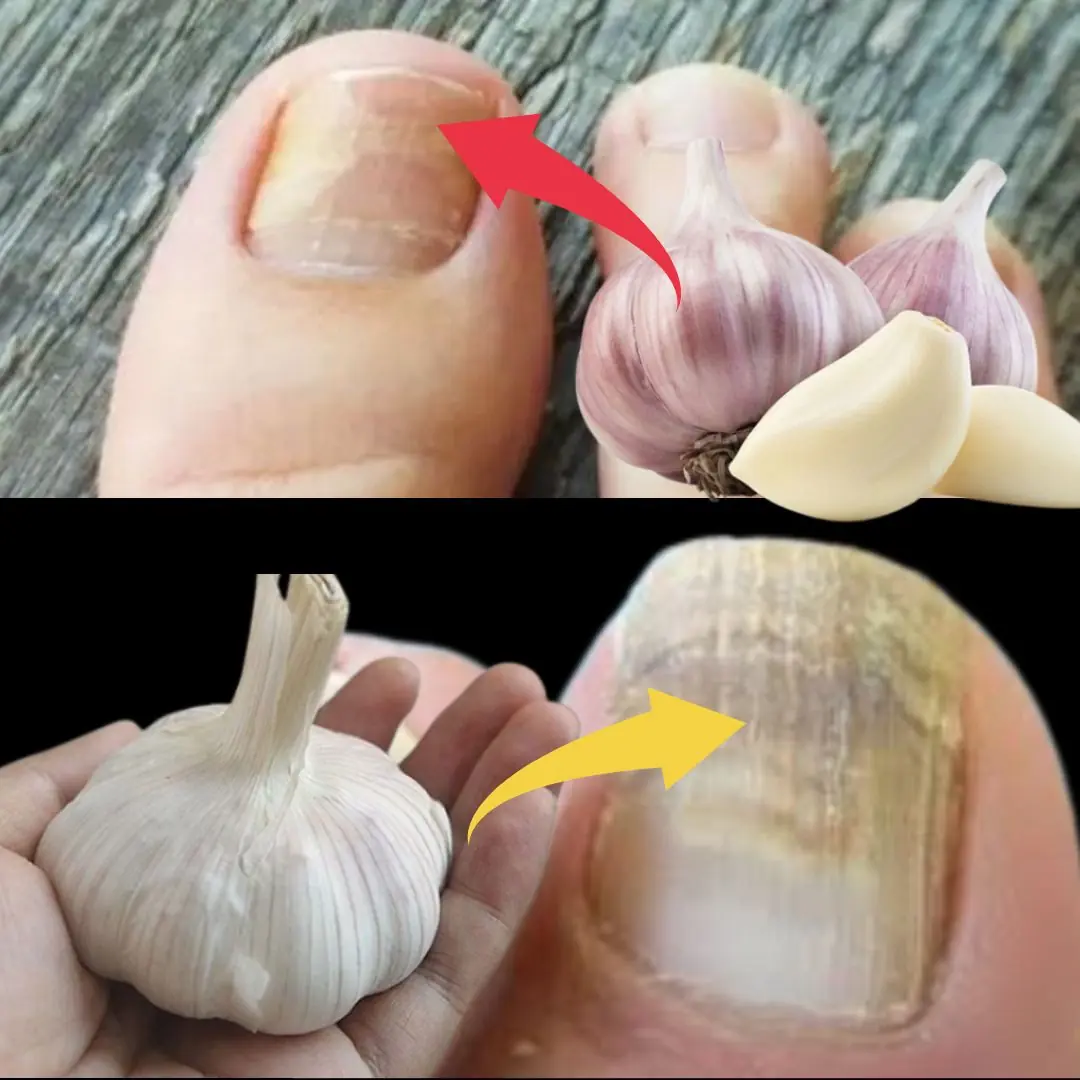
This Natural Nail Fungus Killer Works Fast: Garlic!
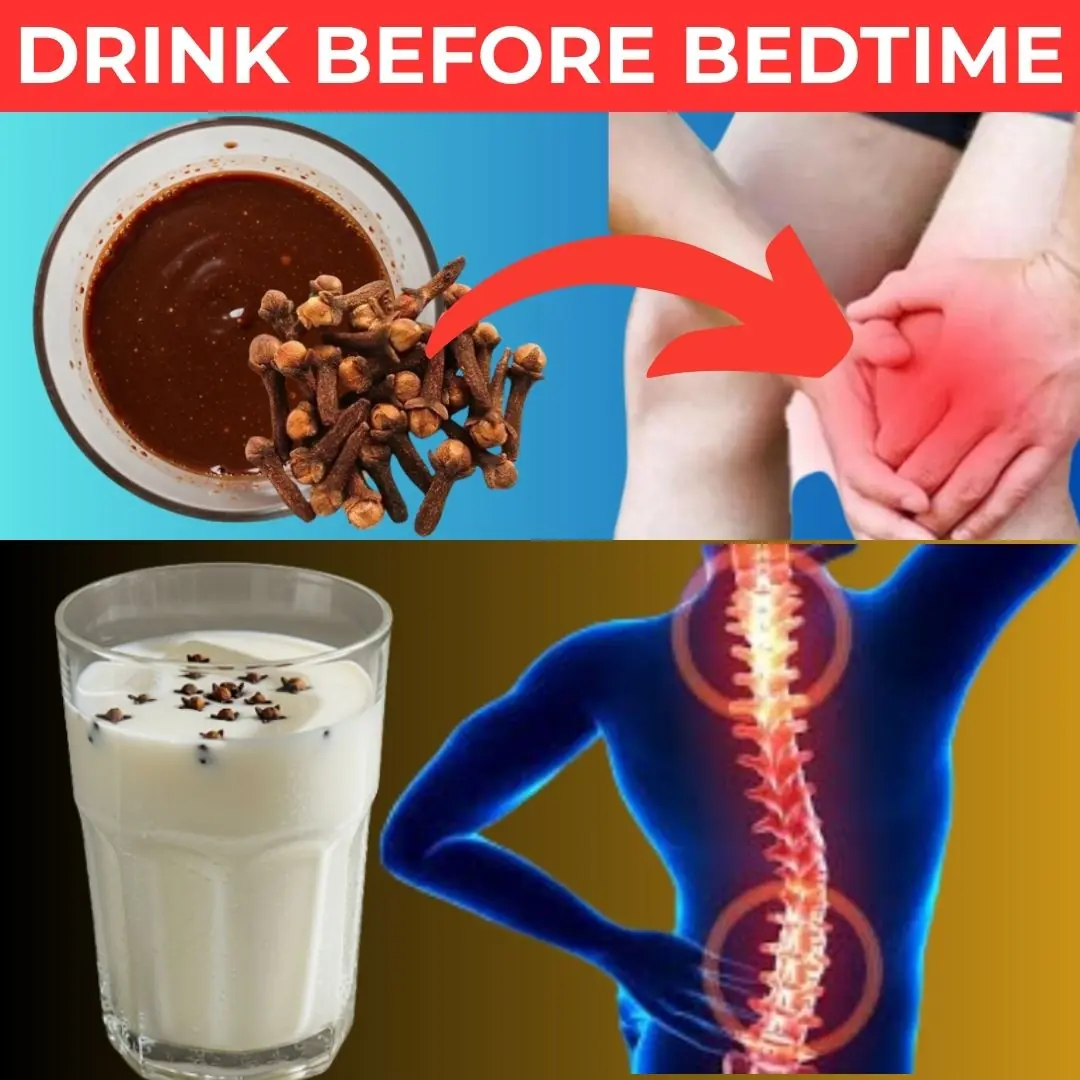
Old Doctor’s Remedy: Almond Milk with Cloves Treats 15 Health Problems in Just 1 Week

The Amazing Health Benefits of Onions: Why This Kitchen Staple Deserves a Spot in Your Wellness Routine
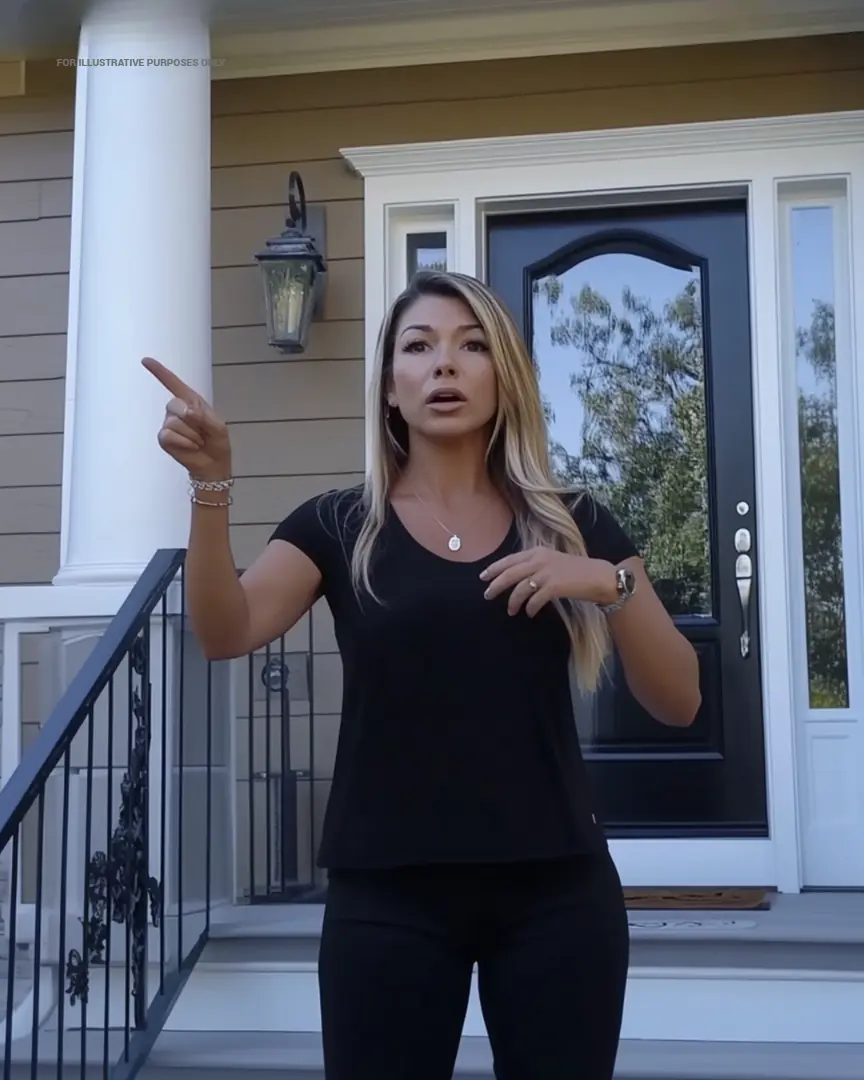
My Daughter Told Me Not to Visit Her Family Again — Days Later, She Was at My Door Begging

300,000 Americans on Alert as Massive 11,000-Foot Volcano Shows Signs of Imminent Eruption

A Week After Moving in, He Gave Me a ‘House Uniform’—He Wasn’t Ready for What Came Next

Supercomputer Delivers Chilling Forecast for Humanity’s Future on Earth

A seven-year-old orphan boy was about to be disconnected from life support machines, but at the very last moment, he whispered a few words.
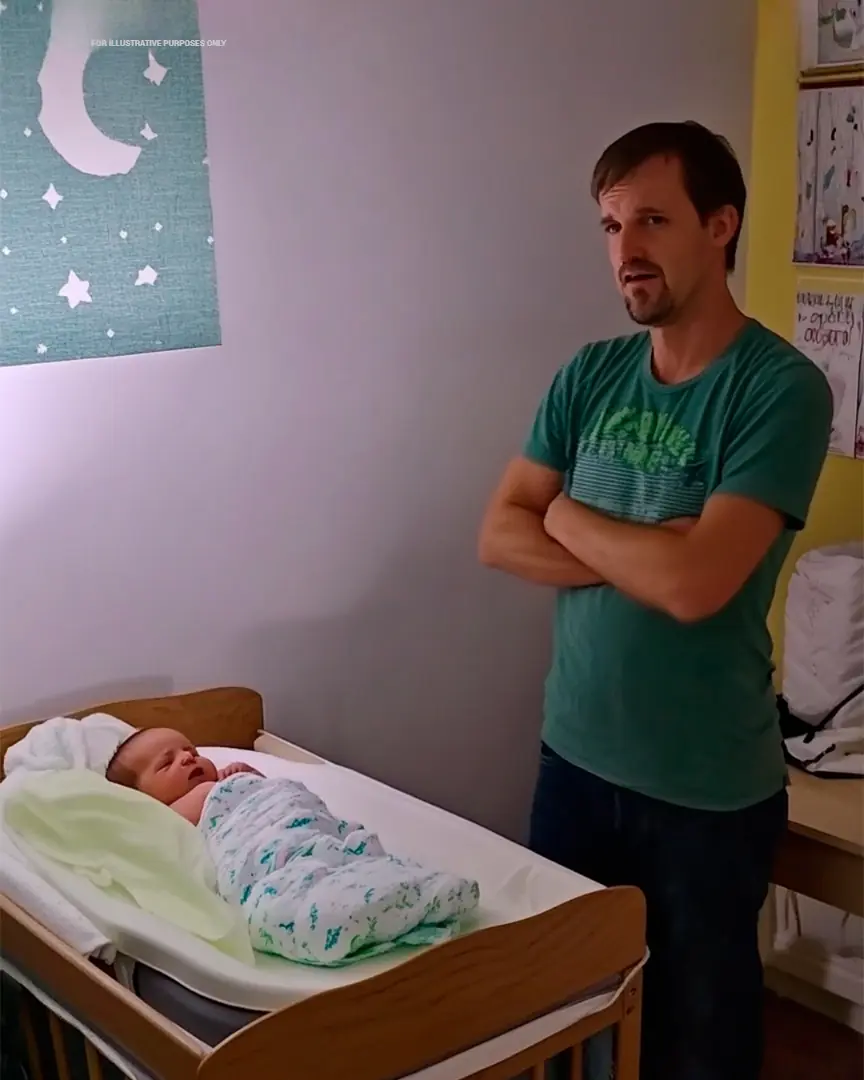
My Husband Refused to Change Our Baby's Diapers Because 'It's Not a Man's Job' – So I Gave Him a Wake-up Call

Man Eats Slug on a Dare, Leading to Tragic Consequences Years Later
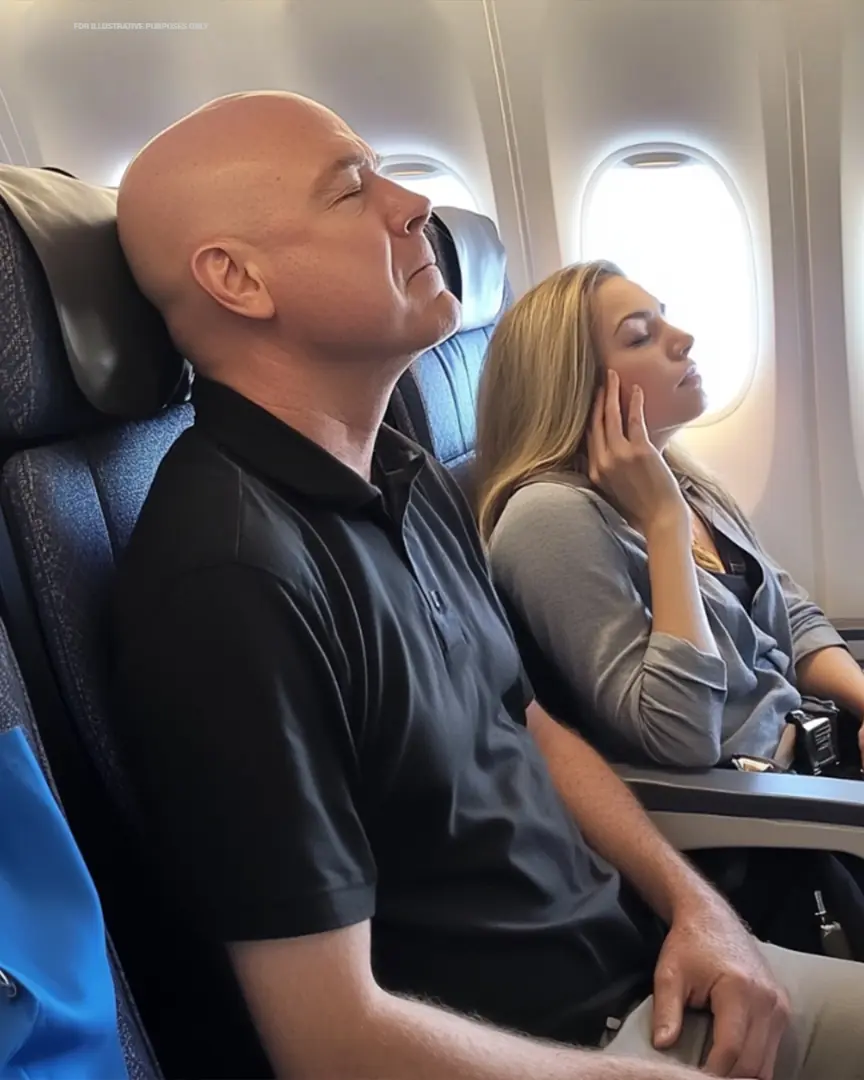
Rude Passenger Cracked My Laptop on the Plane and Refused to Pay – So I Cracked His Ego Instead

Doctor Explains Why You Might Need to Poop Right After Eating — And It’s Not Just IBS

When I discovered why my 5-year-old daughter started drawing our family without her dad, I was speechless.

My Stepmother Tore My Prom Suit Into Pieces So Her Son Could Shine – She Never Expected It to Be Her Biggest Mistake

I THOUGHT MY SON WAS TOO YOUNG TO UNDERSTAND—UNTIL I SAW WHAT HE DID WHILE SHE SLEPT
